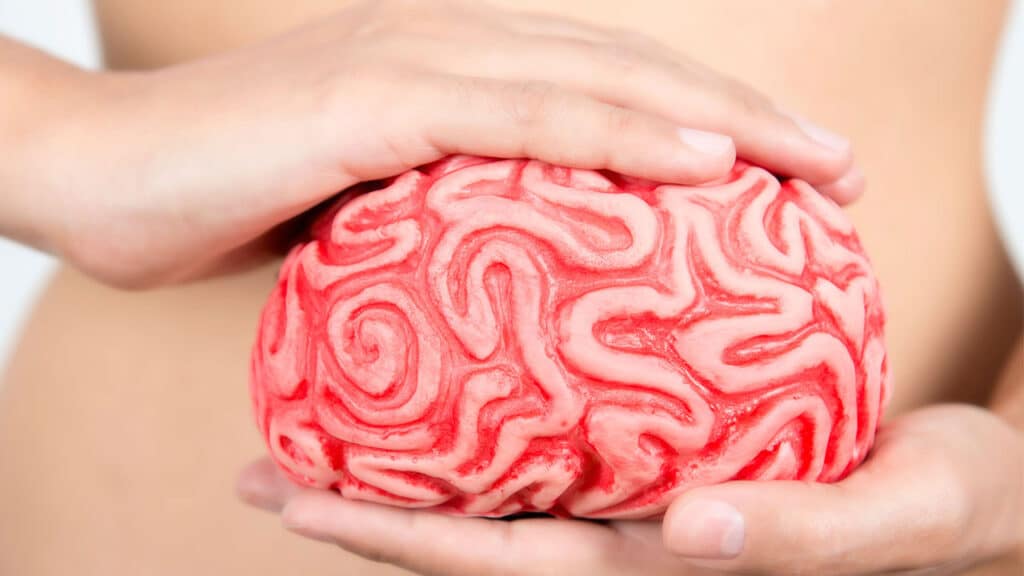We know the brain controls pretty much everything else in the body, right? It sends the signals that tell us to move, or that something hurts, or just how we feel about a situation. Of course, it must also have some role to play in the digestive system. Communication between the brain and the stomach takes place through what’s known as the gut-brain axis.
The vagus nerve runs all the way from your brain to your gastrointestinal tract, passing the heart and lungs as it goes. It’s one of the longest nerves in the body. It allows messages to be transmitted in both directions, from stomach to brain and back again. These messages are used to help control various muscles in the stomach, throat and mouth. The vagus nerve is even responsible for your gag reflex.
When you’re stressed, that can impair the functioning of the vagus nerve. The signal doesn’t travel properly, and that can lead to various digestive issues. There’s evidence to suggest that people with medical conditions that affect digestion, like Crohn’s disease and irritable bowel syndrome, have a different vagal tone from the rest of us (https://pubmed.ncbi.nlm.nih.gov/25207649/).
It’s not only the vagus nerve that’s involved in the gut-brain access. There are all kinds of neurons and neurotransmitters communicating messages and telling the body what to do. Various gut microbes and the numerous chemicals they produce also have a role to play. That’s right: microbes in the gut affect the activity and performance of the brain. They may even contribute to incidents of depression and anxiety.
If your gut bacteria are out of balance, it weakens the barrier between the gut and the bloodstream. Bad bacteria can escape, leading to inflammation. It’s possible that these bacteria also weaken the barrier between blood and the brain, so your brain could become inflamed, too. This may link to the development of various neuroinflammatory conditions like Parkinson’s and Alzheimer’s.
There was a time when cutting or removing part of the vagus nerve was seen as the main treatment for peptic ulcer disease. We don’t do that much anymore as there are some fairly effective medications that reduce the need for surgery, but scientists are still exploring the way that the vagus nerve, and the gut-brain axis more generally, can be used to improve our digestive (and overall) health. It’s a fascinating area of study.




